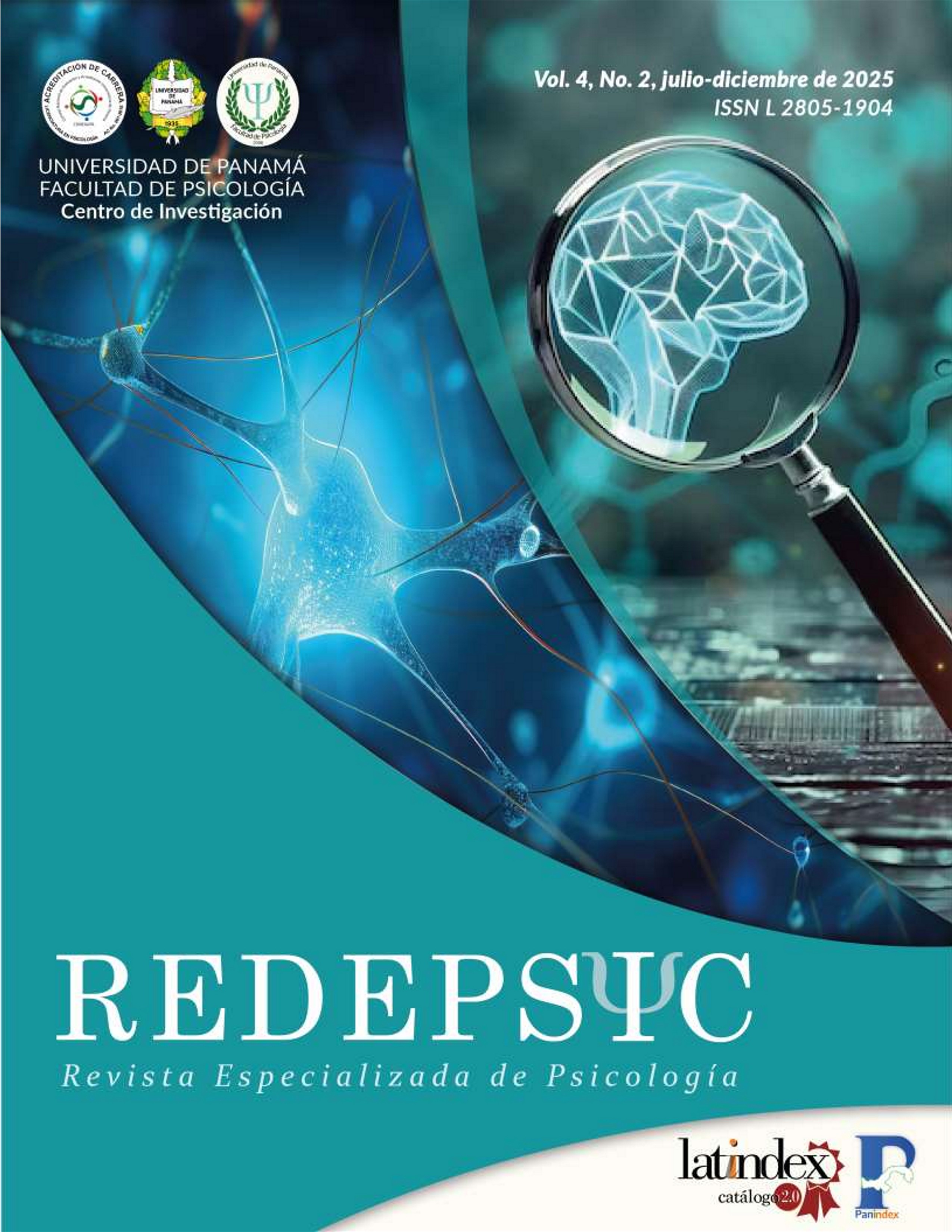

Academics encompasses many elements, and emotional intelligence is certainly one of them. Students face difficulties throughout their university career, and among them, academic procrastination represents one of the most common problems. The objective of this cross-sectional descriptive correlational research was to analyze the relationship between emotional intelligence and academic procrastination in first year students of the Bachelor's Degree in Finance and Banking of the Faculty of Economics of the University of Panama. For this purpose, the emotional intelligence test (MSCEIT) and the academic procrastination scale (EPA) were used to collect data from a sample of 47 students. The results revealed that the students were in the qualitative "can improve" range in terms of their emotional intelligence. In terms of academic procrastination, students demonstrated low procrastination tendencies, and most showed good academic self-regulation. A significant negative correlation was also found between the experiential and strategic areas, specifically in the emotional management of the strategic area and procrastination. These findings highlight the importance of improving emotional management skills to reduce behaviors associated with academic procrastination.